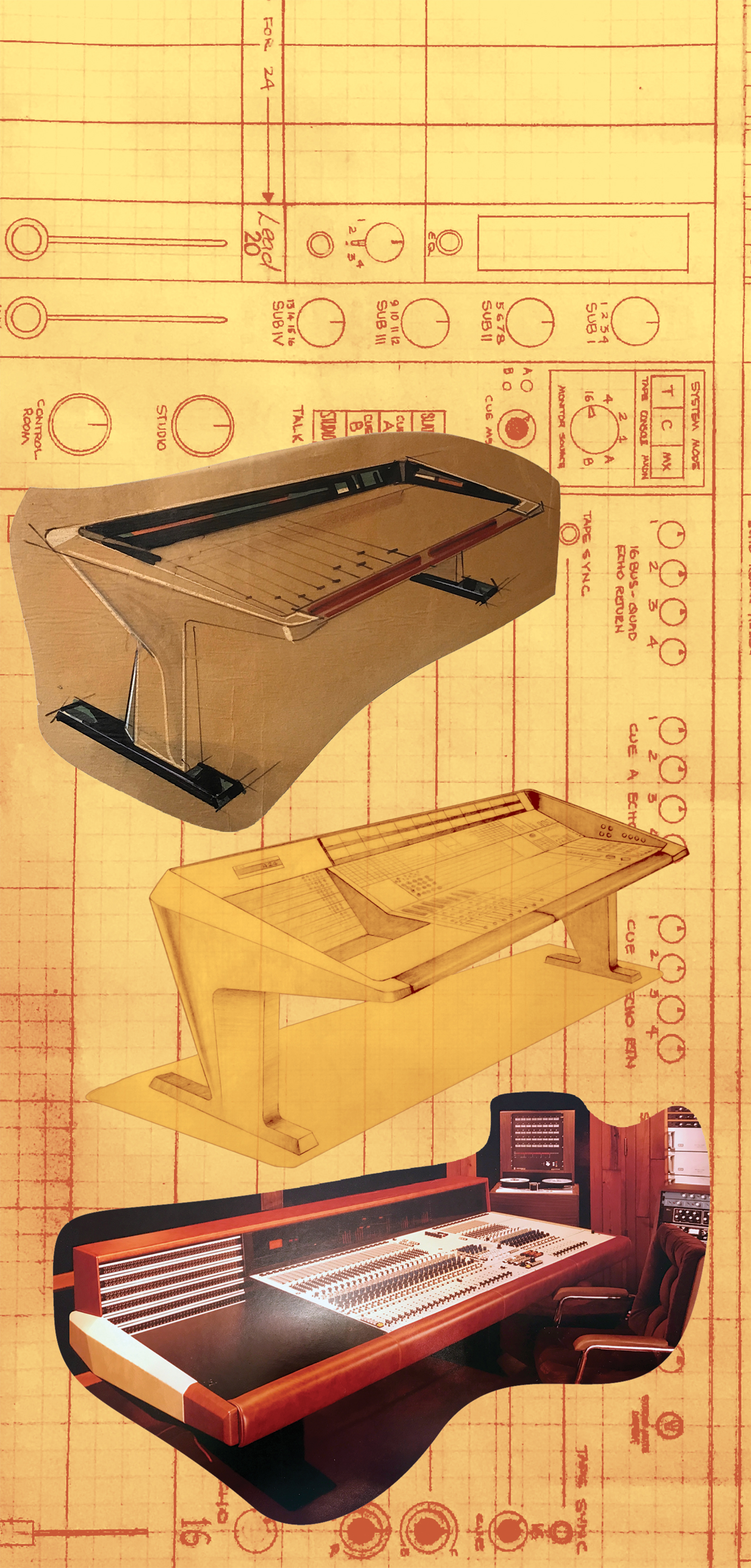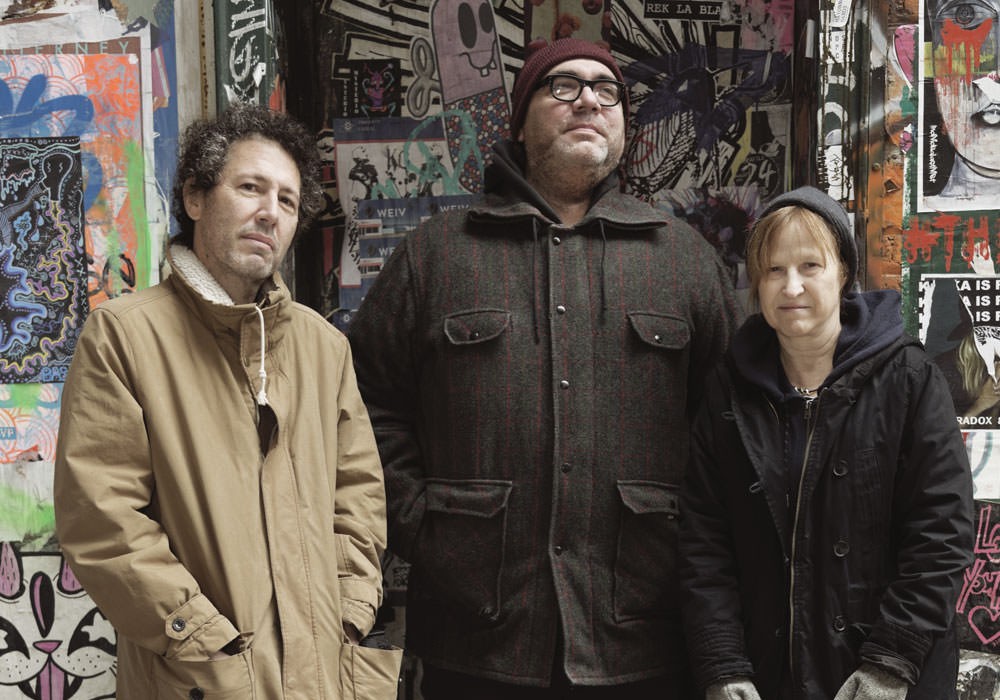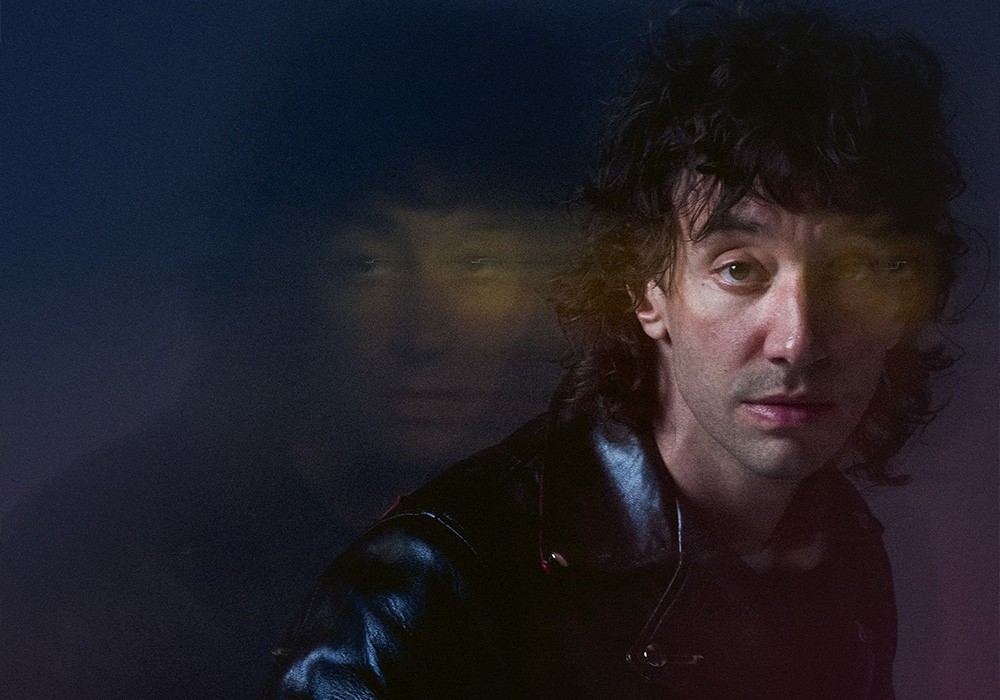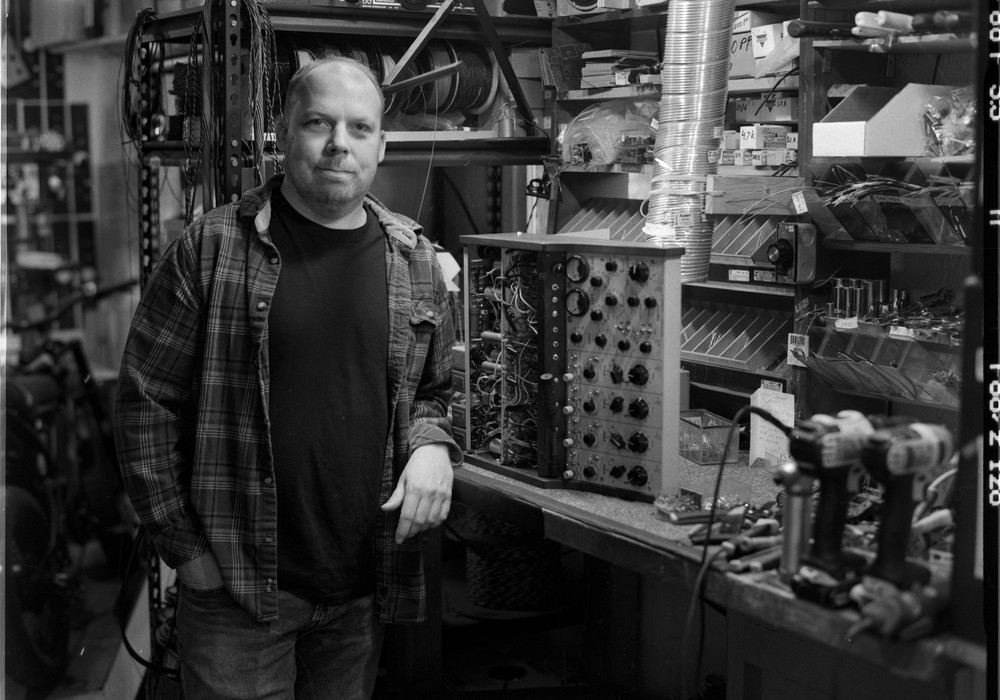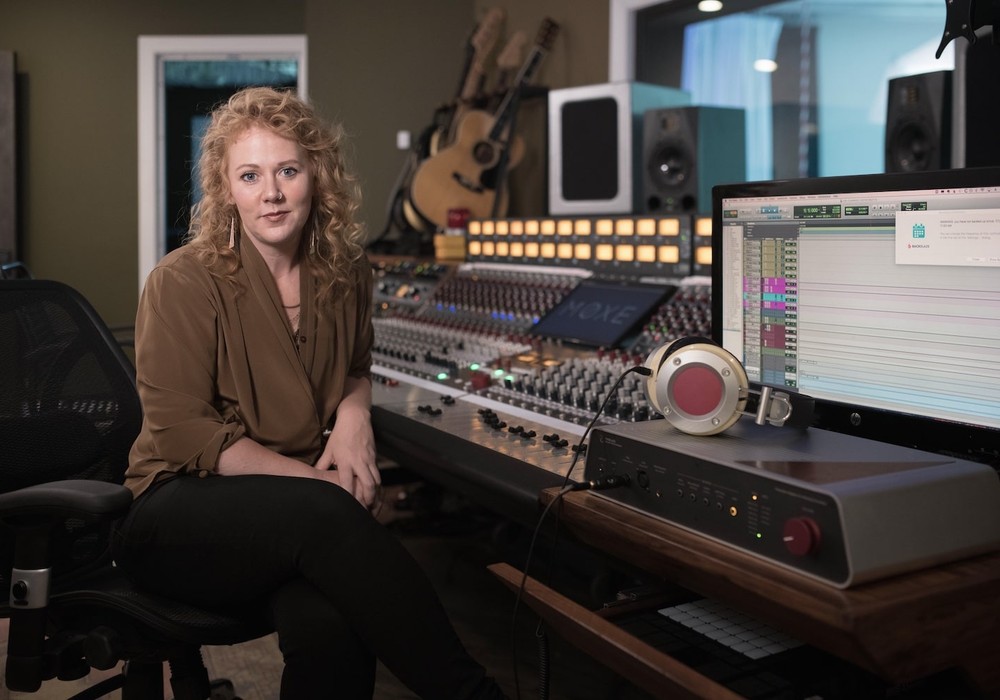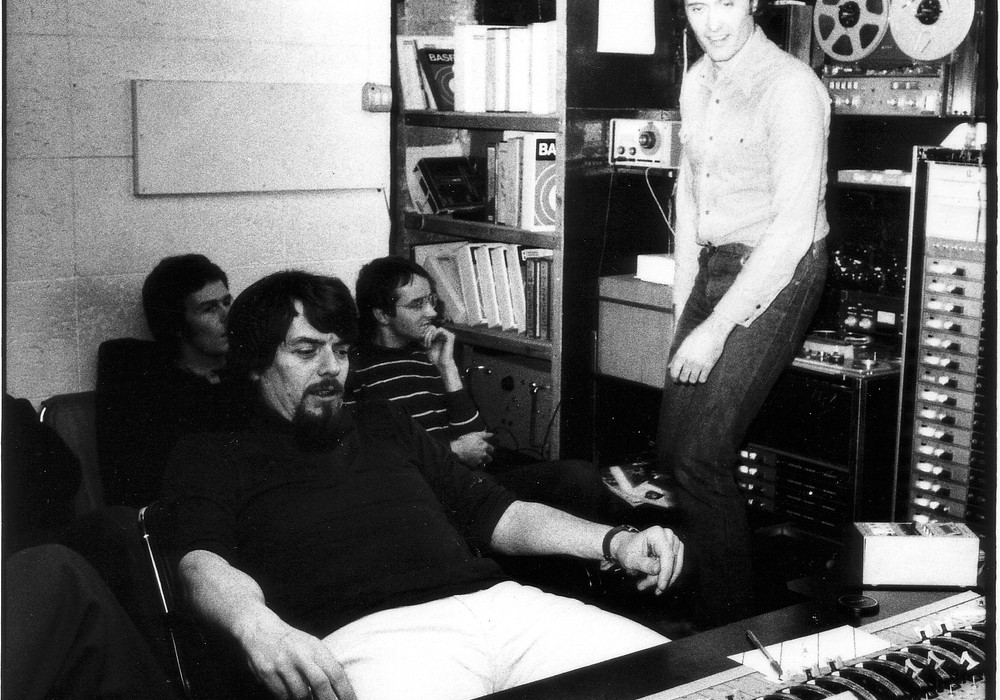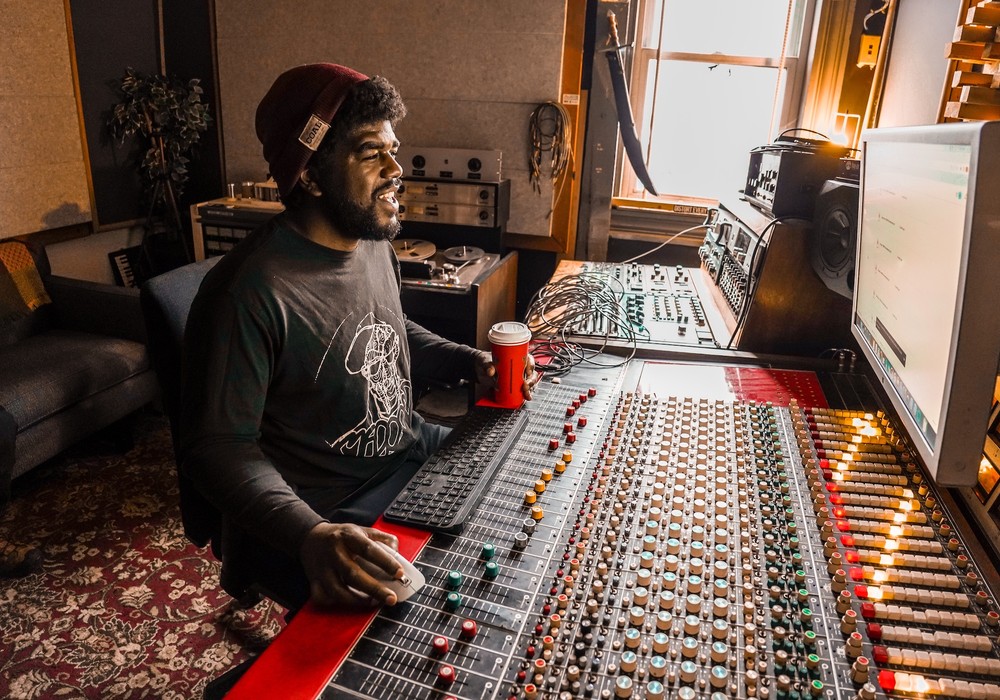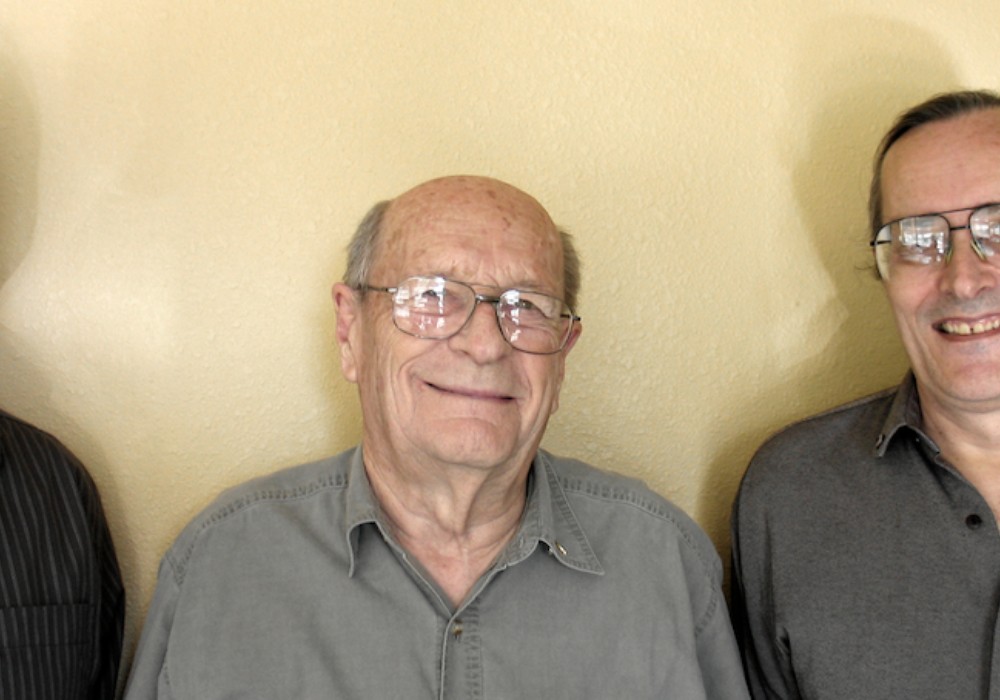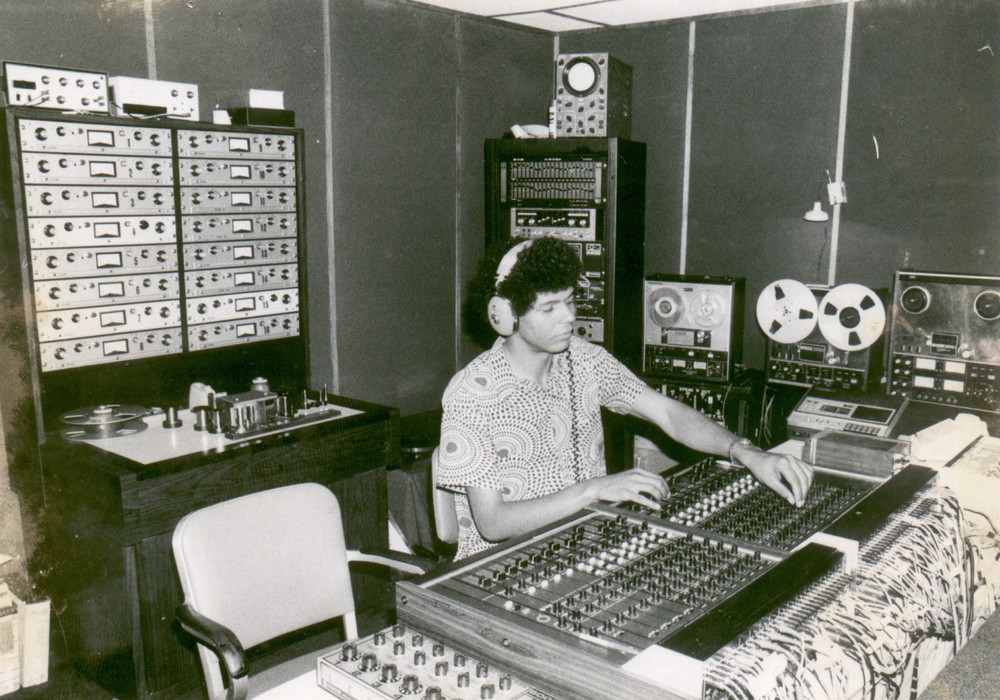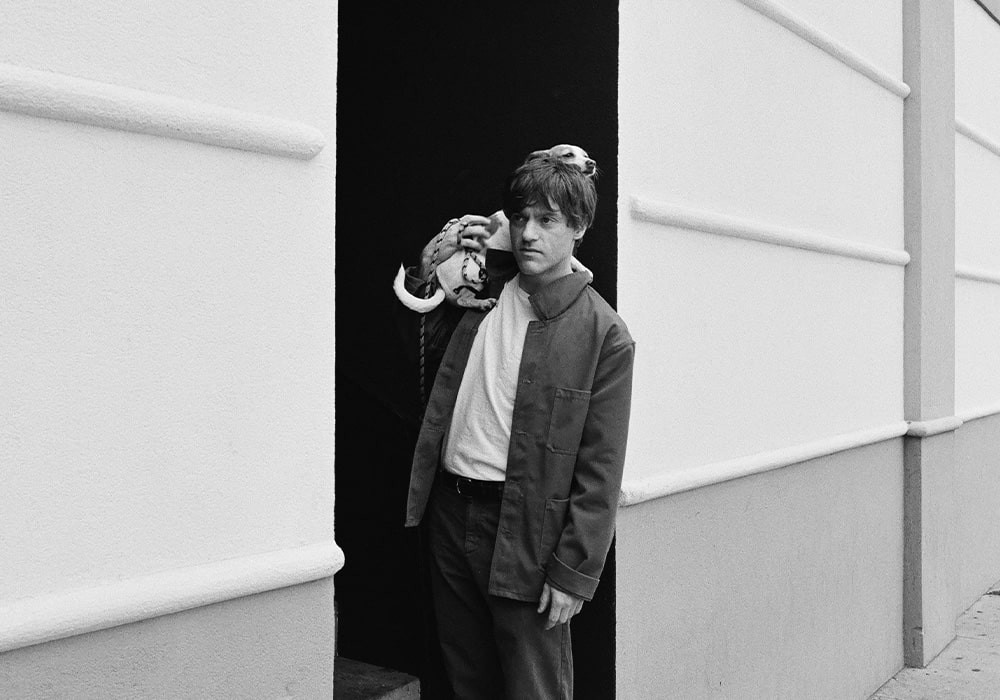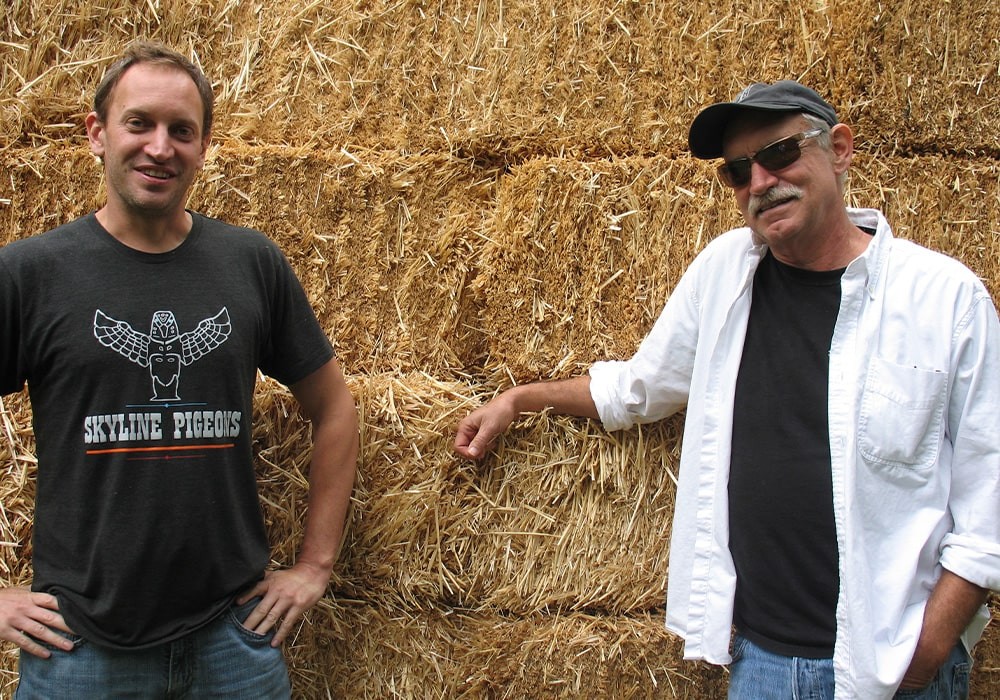Photographer Brian T. Silak and I met up with indie rock legends Yo La Tengo at the SOHO Manhattan offices of Matador Records. We discussed the evolution of the band's songwriting and recording process throughout the course of their 30-plus year career, culminating in the lush soundscape of their 15th album, and newest release, There's a Riot Going On. It was an interesting conversation, and I may have gotten Ira Kaplan, Georgia Hubley, and James McNew [Tape Op #8] to open up about a few things.
Feature Photo by Brian T Silak www.briansilak.com
Let's talk about your recording process, and how it has evolved over the years.
JM [to Ira and Georgia]: Where did you make that first single?
GH: Water Music [in Hoboken, NJ].
IK: With the first single ["The River of Water"], the first album [Ride the Tiger], and the second album [New Wave Hot Dogs], I think we just went to studios and recorded. We had never made a demo before, or anything like that. The first time we ever made demos, in any fashion, were the songs on President Yo La Tengo [third album]. Our pal, Tara [Key] from Antietam, came over with a state of the art Tascam 4-track cassette recorder and recorded us. Sadly, nobody can find that recording - I wish we had it. But things have really evolved, like so many things about our band, thanks to James. As you can tell by the Dump discography [James's own recordings, outside of his work with YLT], he's the most prolific recorder of the three of us. That kind of focus on rehearsal recordings; more and more of that happened [after James joined]. Then our friend, Fred Brockman, ended up sharing a Hoboken [New Jersey] rehearsal space with us. He put in an 8-track studio when we were there, and we split time. He recorded a bunch of demos for us - by far the most evolved demos we'd ever done, for Painful [6th album]. Some of them ended up on Genius + Love.
JM: "Nutricia" I think ended up on the [From a] Motel 6 single.
IK: Oh, Fred recorded that? I don't remember. Fred also did the first session with Jad Fair that became Strange But True. That session had a huge impact on our songwriting. We made up songs on the spot for Jad to sing along with. We enjoyed that so much that we just kept doing it, which put even more emphasis on documenting the things we were making up at practice; and also because things were happening only once.
JM: That's when we really started recording our practices, or at least being ready to record a rough version of practice, whether it was on a boombox or a recorder. As time went on we graduated from the boombox to a MiniDisc player. Here and there we found opportunities to put out some of those, like [a cover of The Ramones'] "Blitzkrieg Bop." That's just a rehearsal recording that we made.
IK: That was a 4-track cassette recording. Or 3-track! "Surfin' With The Shah," "Gooseneck Problem," were some of the other things from that day.
JM: Then later it was "Blue/Green Arrow," as well as the Earworm [Records] and Planet [Records] singles. Some of the Planet stuff is live.
Some things that you hadn't necessarily intended to release, but were just documenting for songwriting purposes, as well as to keep track of - later on you decided to release them on the Genius + Love collection?
IK:. We did more of it as time went on. Fade [13th album] was the biggest change.
GH: Once we moved out of Jersey City, things were set up a little differently.
IK [to James]: You were already doing Dump on computer prior to doing our soundtrack?
JM: True.
IK: Had you recorded Yo La Tengo on a computer before we did film projects?
JM: I don't think so. We had done little project-y things here and there, but nothing official. There were little spec things that never came out. I started on Cool Edit Pro, kind of a Playskool version of Pro Tools. We gave up and started using Pro Tools in 2003 or 2004. We bought a Digi 002 and hauled it over to the practice space.
I want to talk about the collaborative group writing process that evolved out of your rehearsals - as opposed to one band member crafting some lyrics with a structure. How has this approach to group songwriting affected your recording process?
GH: It's been moving in that direction for a while. Certainly with Fade, James was doing a lot of recording of songs that we ended up augmenting and using when we made the record with John McEntire...
